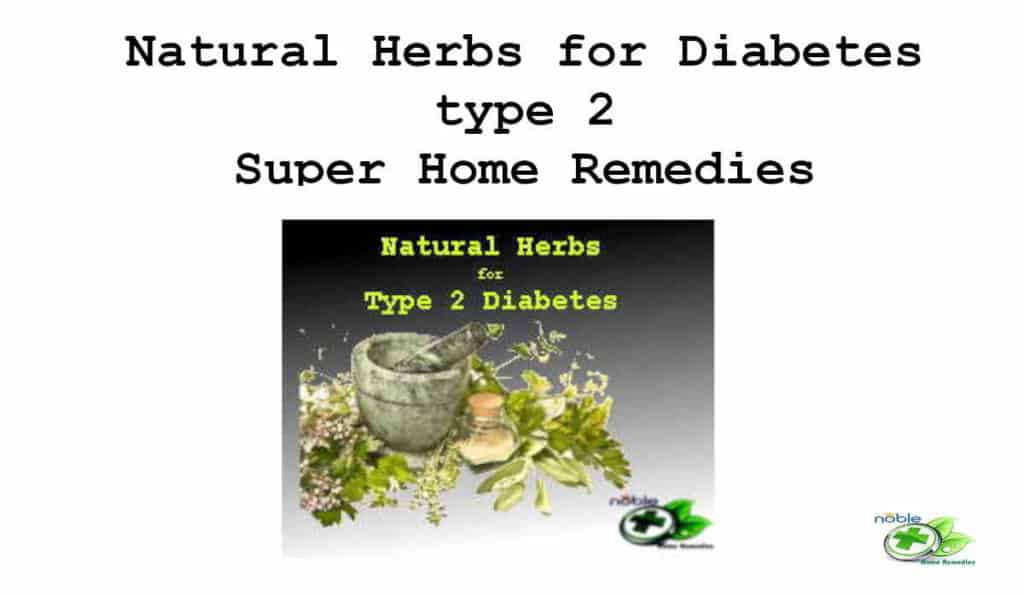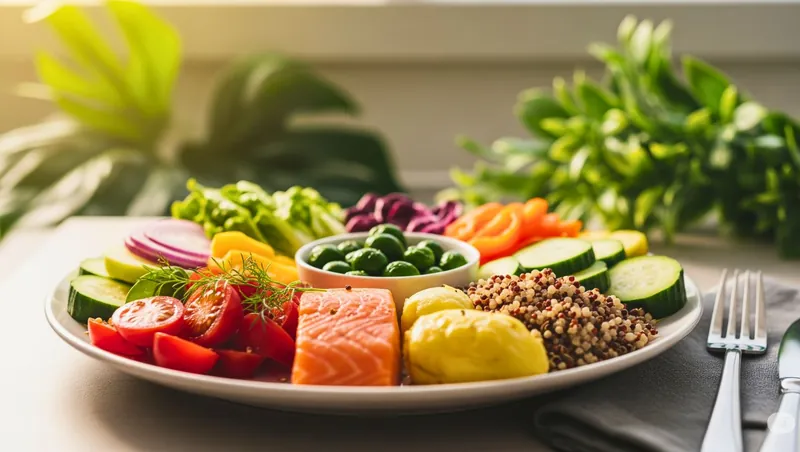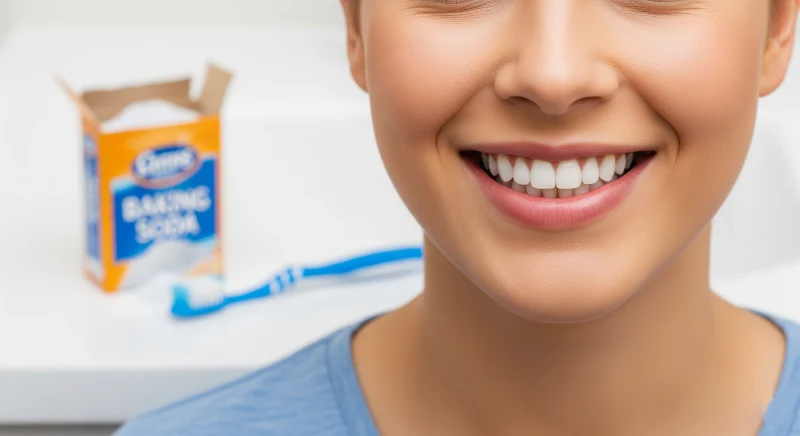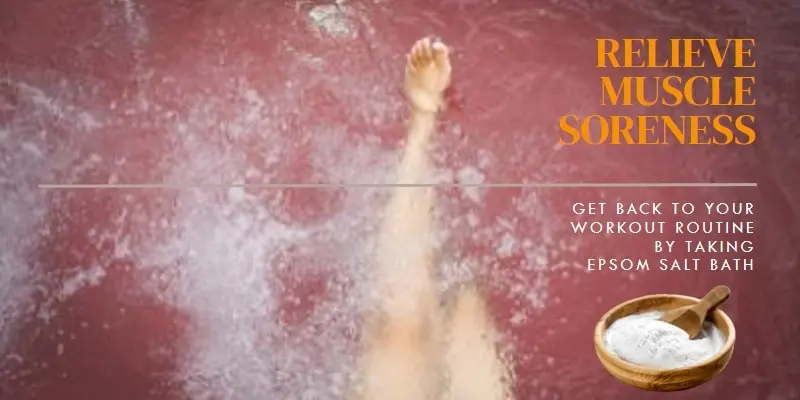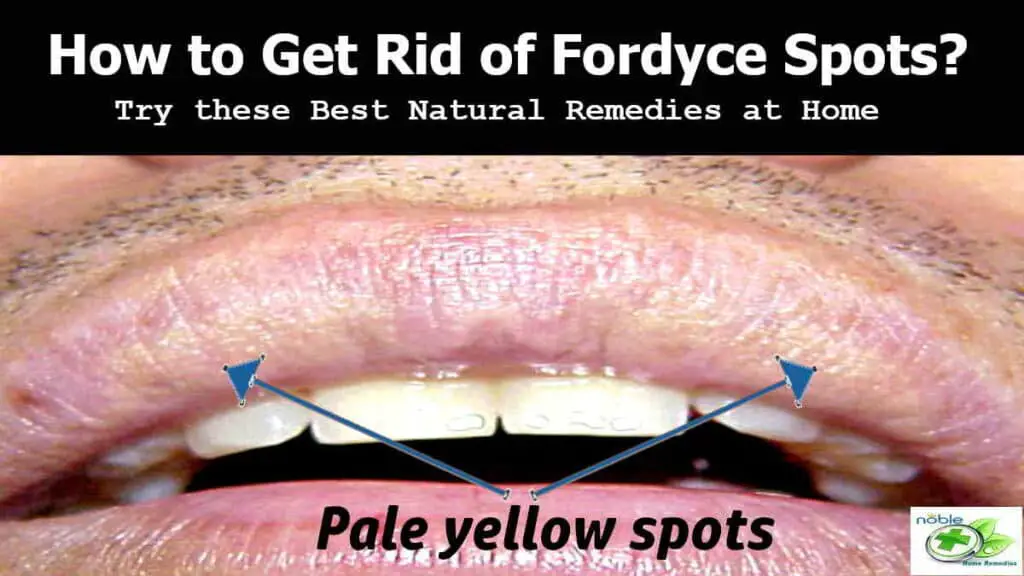Baking Soda for Boils: Shrink and Dry Out Painful Bumps
Boils are red, swollen bumps on the skin that can be extremely painful and cause discomfort. If you have a boil, you likely want to get rid of it fast. While antibiotics are often prescribed, baking soda can be an effective natural treatment. In this blog post, we’ll explore using baking soda as a home remedy for boils.
Baking soda has antibacterial and anti-inflammatory properties that help fight infection and reduce swelling. Applying a baking soda paste can help draw the boil to a head so it drains, speeding up healing. We’ll go over how to make and use a baking soda paste on boils to relieve pain and discomfort.
Baking soda is found to be an effective antibacterial agent, demonstrating significant inhibitory effects against common wound pathogens like Staphylococcus aureus. Baking soda possesses anti-inflammatory properties that help reduce edema, redness, and pain associated with boils. Its ability to draw out fluid from inflamed tissue can help speed drainage of boils.
We’ll also discuss what causes boils, safety precautions for using baking soda for boils, and tips to help prevent boils from coming back. This includes good hygiene and skin care habits. Finally, we’ll cover when it’s important to see a doctor for boil treatment. While baking soda can help clear up boils faster, medical treatment is sometimes needed if they spread, worsen, or don’t improve.
By the end of this post, you’ll understand how to use baking soda as an affordable home remedy for boils. With its soothing, infection-fighting abilities, baking soda can reduce swelling, drain the boil, and speed up healing so you can get relief fast.
What Causes Boils?

Boils are skin infections that start in an oil gland or hair follicle. They are usually caused by the bacteria Staphylococcus aureus. The bacteria enter through tiny nicks or cuts in the skin.
Blocked hair follicles can also trap bacteria and dead skin cells under the skin. This allows a boil to form when the bacteria multiply. Conditions that increase your risk for boils include:
- Poor hygiene allows bacteria to build up on the skin’s surface.
- Skin conditions like acne or eczema compromise the skin barrier.
- The weakened immune system cannot fight off bacteria.
- Diabetes since high blood sugar reduces healing ability.
- Nutritional deficiencies that impair immune function.
- Friction from clothing, sports equipment, or tools that irritate hair follicles.
Boils most often develop on the face, neck, armpits, buttocks, and thighs. These are areas prone to sweating, friction, and blockages that can lead to infection. Without treatment, a boil may continue to enlarge and fill with pus.
Identifying boils
It’s important to accurately identify boils, as they differ from other skin conditions like acne pimples or acne cysts in their cause and contagiousness. While pimples arise from clogged pores and cysts are encapsulated sacs under the skin, boils result from bacterial infection of a hair follicle or oil gland.
The bacteria can enter through small nicks or cuts. Boils are more contagious than pimples or cysts because the pus in boils contains infectious bacteria that can spread to other areas of the skin through contact or to other people through shared items like towels.
Misidentifying a boil as a pimple could lead to improper treatment and worsening infection. Being able to correctly diagnose a boil allows for appropriate treatment with antibacterial agents.
Proper identification also prompts hygiene steps to prevent the spreading of the infection to others. The ability to differentiate boils from lookalike bumps leads to better outcomes.
Baking Soda for Boils: How It Works

Baking soda has antiseptic and anti-inflammatory properties that make it a popular home remedy for boils. Here’s how it provides relief:
- Alkalizes the skin: Baking soda is very alkaline. This helps neutralize bacteria-promoting acids on the skin’s surface.
- Draws out infection: It pulls fluid and infection from the boil while softening the sore. This helps bring it to a head so it can drain and start healing.
- Reduces swelling and pain: The anti-inflammatory abilities of baking soda decrease inflammation, redness, and discomfort caused by the boil.
How to Use Baking Soda for Boils
Making a baking soda paste is simple with just two ingredients you likely have in your kitchen. Here is a step-by-step guide:
- Mix 1 tablespoon of baking soda with just enough water to form a spreadable paste.
- Apply the paste directly onto the boil, being careful not to get inside any open wounds.
- Let the paste dry out on the skin for a few minutes. This allows it to draw out fluid and infection.
- Rinse away the paste with warm water and pat the area dry.
- Repeat the treatment 2-3 times daily until the boil improves.
Be consistent with applying the baking soda paste. As it pulls out infection each time, it will help the boil shrink and start healing.
Safety and Precautions

Before using baking soda on boils, keep these precautions in mind:
- Do a patch test on normal skin first to check for sensitivity. Rinse immediately if stinging occurs.
- Avoid getting baking soda into open wounds, as this can irritate.
- Do not use baking soda on ruptured or drained boils. The skin needs to stay dry and protected.
- See your doctor if the boil does not start to improve within a few days of starting treatment.
Baking soda is generally recognized as safe for topical use. But seek medical care if you develop any worrying symptoms like a high fever, boil spreading, or red streaks on the skin.
Disclaimer: This post is reader-supported. It has affiliate links at no cost to you. I may earn a small commission at no cost to you.
Tips for Prevention
While baking soda can help speed healing, you’ll also want to take steps to prevent boils from recurring. Try these boil prevention tips:
- Never pop a boil as they can spread to other areas
- Wash skin daily with a mild cleanser, especially sweat-prone areas. Avoid harsh soaps that strip natural oils.
- Shower after activities where you sweat a lot.
- Avoid sharing personal items like towels or razors that contact your skin.
- Wear loose, breathable clothing and protective gear during sports.
- Treat any skin conditions like acne, eczema, or ingrown hairs.
- Eat a balanced, nutrient-rich diet and take supplements if you have deficiencies.
Good hygiene keeps bacteria from infecting hair follicles and sweat glands. This deprives boils of places to develop.
When to See a Doctor

While baking soda can help treat mild to moderate boils at home, it’s important to get medical attention if certain concerning symptoms develop. You should schedule an appointment with your doctor promptly if the boil:
- Occurs on your face, especially near your eyes or nose, or begins affecting your vision. Facial boils can potentially spread to the brain if left untreated.
- Rapidly worsens, doubles in size, or becomes extremely painful within 48 hours despite home treatment. This may indicate an antibiotic-resistant infection.
- Causes a fever of 101°F or higher, signaling the infection is spreading deeper.
- Continues to gradually enlarge and does not start shrinking after 3-4 days of baking soda treatment.
- Has not significantly improved or healed after using baking soda paste for 5-7 days. The infection likely needs antibiotic medication.
- Comes back frequently and keeps recurring in the same or nearby areas. Recurrent boils may result from an underlying condition.
Seeking timely medical care is crucial for these scenarios. While baking soda can help mild boils, doctors have access to prescription antibiotics and stronger treatments for severe infections. They may drain the boil surgically to immediately relieve pressure and remove the infection.
Prompt treatment helps prevent the infection from worsening, spreading to the bloodstream, and causing serious complications. It also reduces the chances of the boil leaving a permanent scar or cyst behind after healing.
Disclaimer: This post is reader-supported. It has affiliate links at no cost to you. I may earn a small commission at no cost to you.
Other Home Remedies for Boils
In addition to baking soda, some other natural treatment options may help clear up boils:
- Warm Compresses: Applying a warm, wet compress to the boil 3-4 times a day can help draw the infection to the surface and promote drainage. Use a clean washcloth soaked in warm water.
- Tea Tree Oil for Boils: Diluted tea tree oil has antimicrobial properties. Dab it gently on the boil using a cotton swab 2-3 times daily to disinfect the area and reduce swelling.
- Apple Cider Vinegar for boils: The acetic acid in apple cider vinegar has antibacterial effects. Mix it with water and dab it onto the boil with a cotton ball. Repeat 2-3 times a day.
- Turmeric for boils: Turmeric contains curcumin which can help fight infection and reduce inflammation. Make a paste with turmeric powder and water and apply it to the boil.
- Toothpaste for Boils: Toothpaste can help dry out boils thanks to ingredients like baking soda, hydrogen peroxide, and menthol. Apply a small amount of regular (not gel) toothpaste to the boil before bed and rinse in the morning. The drying effect helps boils heal faster.
- Aloe Vera Gel for boils: Aloe vera gel has soothing, anti-inflammatory effects. Gently rub the gel onto the boil to reduce swelling, redness, and tenderness.
- Epsom salt for boils: These Epsom salts can help draw out the pus and toxins from the boil and reduce inflammation. To use them, dissolve a cup of Epsom salts in a tub of warm water and soak the affected area for 15 to 20 minutes. Do this once or twice a day until the boil heals.
- Neem Oil for boils: Neem oil is known for its potent antibacterial properties that extend beyond skin care. It can fight off bacteria that cause boils and other infections.
- Castor Oil for boils: Apply the castor oil-soaked cotton ball to the infected skin then cover it with a bandage. Use this remedy daily.
- Witch Hazel for boils: Witch hazel has astringent properties that cleanse the affected area by removing impurities and bacteria, making it less conducive to further infection.
- Onion Poultice for boils: An onion poultice is a simple yet potent home remedy for addressing the discomfort and pain associated with boils. Boils are painful, often inflamed, and pus-filled lumps that form beneath the skin due to bacterial infection.
Always do a patch test before applying any new home remedy to boils. While these treatments can supplement baking soda paste, see a doctor if your boil does not start improving within a few days.
Takeaway
Baking soda is an inexpensive, convenient home remedy for painful boils. Its antibacterial and anti-inflammatory properties help dry out and shrink boils fast.
Creating a paste with water and applying it 2-3 times per day can speed up healing. Use baking soda treatment along with good hygiene and skin care habits.
With its antibacterial and anti-inflammatory properties, baking soda can reduce swelling, speed healing, and relieve discomfort. While most boils resolve within a week, prompt medical treatment is key if they spread or don’t improve. See your doctor promptly if your boil does not start improving within a few days.
Baking soda offers a convenient at-home remedy for boils. When combined with other prevention tips, it can help treat and stop recurrent boils quickly. The soothing paste eases pain while helping skin recover.
It’s important to note that while baking soda for boils can be an effective home remedy, it is not a substitute for medical treatment.
Source:
Noble Home Remedies adheres to rigorous sourcing standards, drawing information from peer-reviewed studies, reputable academic research institutions, and esteemed medical journals and associations. We prioritize using high-quality, trustworthy sources to maintain the accuracy and integrity of our content. You can learn more about how we ensure our content is accurate and current by reading our editorial policy.
- Boils and carbuncles
https://www.mayoclinic.org/diseases-conditions/boils-and-carbuncles/symptoms-causes/syc-20353770 - Is Baking Soda Safe and Effective for Skin?
https://www.healthline.com/health/beauty-skin-care/baking-soda-for-skin - How To Use Baking Soda for Boils
https://www.wellness.guide/baking-soda-for-boils/ - Antibacterial activity of baking soda
https://pubmed.ncbi.nlm.nih.gov/12017929/ - Heal Boils Naturally: Effective Home Remedies
https://www.earthclinic.com/cures/boils3.html
Trust in your purchase:
Every product featured on our site has been carefully researched and selected based on quality, customer ratings, and positive reviews to ensure you receive excellent value for your money.
Please note:
This post contains affiliate links. If you make a purchase through these links, we may earn a small commission at no additional cost to you. This helps support our site and allows us to continue bringing you valuable content. Thank you!
Thank you for your precious time spent with NobleHomeRemedies.
You may also like:
Top 8 Natural Herbs for Diabetes type 2 – Remedies
Top 8 Natural Herbs for Diabetes Type 2 – Remedies Use natural herbs for diabetes to…
Anti-inflammatory Diet Meal Plan
Your body has an amazing ability to heal and protect itself. When you get a…
Whitening Teeth with Baking Soda
Whitening Teeth with Baking Soda: Recipes for a Brighter Smile Do you ever look in…
Epsom Salt for Muscle Soreness
Epsom Salt for Muscle Soreness: 4 Steps Soothing Solution We’ve all experienced that dull, aching…
How to Get Rid of Fordyce Spots
How to Get Rid of Fordyce Spots: 5 Effortless Home Remedies Fordyce spots are those…
Witch Hazel for Yeast Infection
Natural Witch Hazel for Yeast Infection: Antimicrobial Are you feeling itchy and uncomfortable in your…

